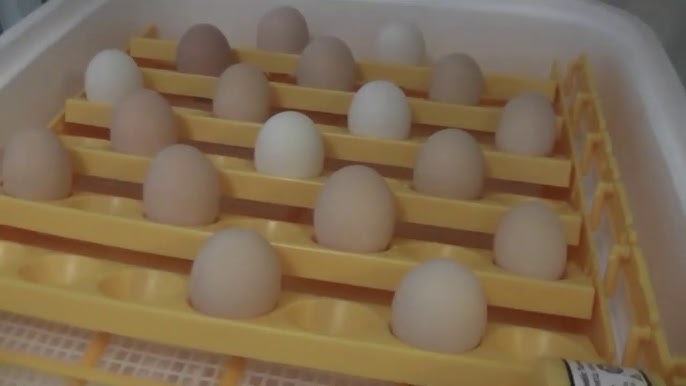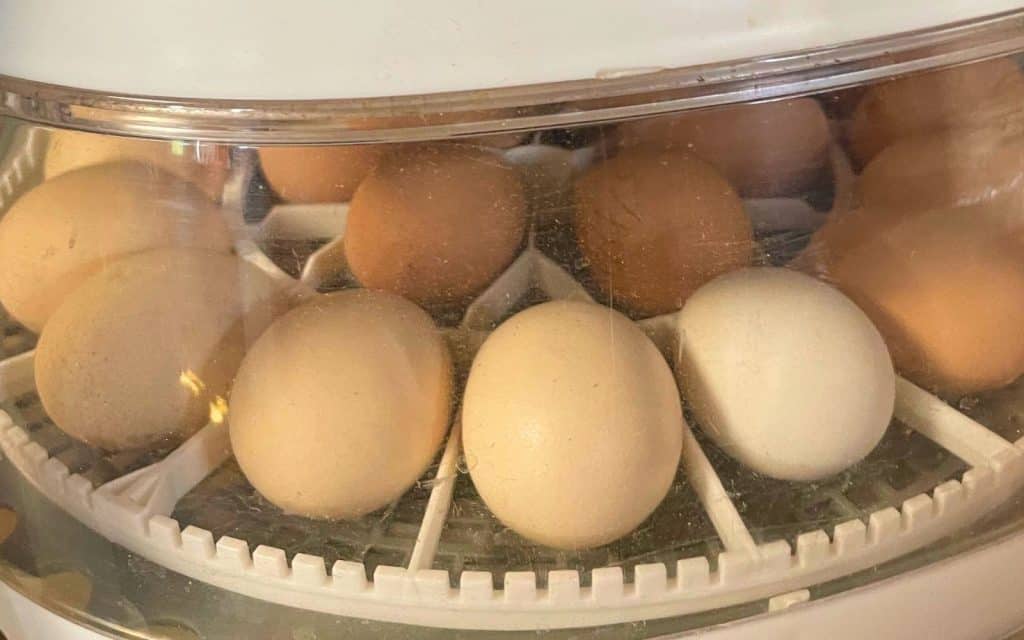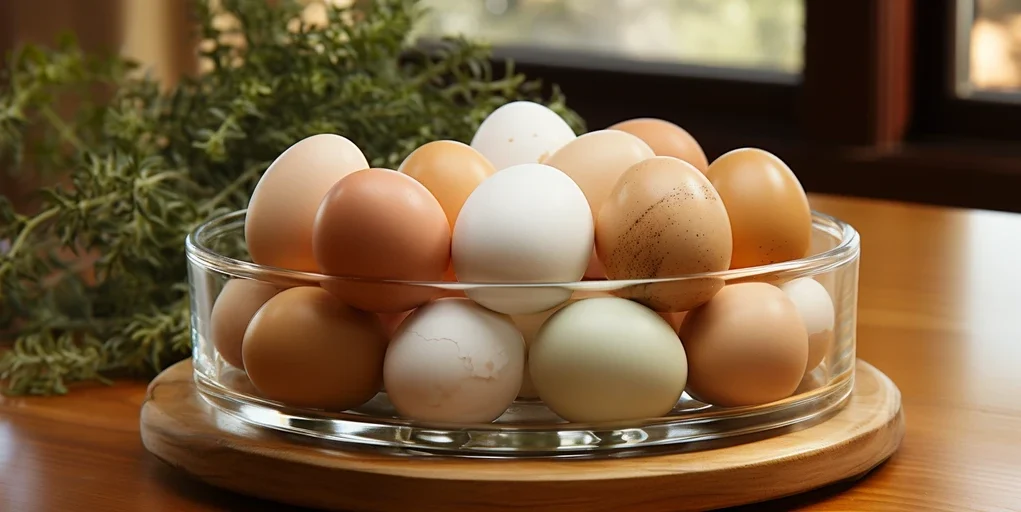The question of how many eggs can an incubator hatch is crucial for poultry enthusiasts and professionals alike. Whether you’re a seasoned farmer or a budding enthusiast, understanding the capacity of your incubator is key to successful hatching. In this article, we will explore the factors that influence the number of eggs an incubator can hatch and provide tips for optimizing your hatching process.

Understanding Incubator Capacity
The capacity of an incubator largely depends on its design and size. Incubators come in various models, each with a different egg capacity. Some are designed for small-scale use, while others are built for commercial purposes. Typically, incubators range from holding a dozen eggs to several hundred. The capacity of your incubator will dictate how many eggs it can effectively hatch at once.
Factors Affecting Egg Capacity
Size of the Eggs
The size of the eggs you plan to hatch plays a significant role in determining how many can fit in an incubator. Larger eggs, such as those from ducks or geese, take up more space compared to smaller chicken eggs. Thus, the egg size should be considered when calculating the incubator’s capacity.
Incubator Design
Different incubator designs offer varying levels of efficiency. Some models have adjustable racks or trays that can accommodate eggs of different sizes, maximizing the number of eggs you can hatch at once. It’s important to familiarize yourself with your incubator’s design to make the best use of its capacity.
Optimizing Hatching Success
Temperature and Humidity Control
Maintaining the right temperature and humidity levels are crucial for successful egg incubation. Most incubators come with built-in controls, but it’s essential to monitor these factors closely. If you’re unsure about maintaining humidity, refer to this guide on humidity in incubators for helpful tips.
Proper Egg Handling
Before placing eggs in the incubator, ensure they are clean and free of cracks. Proper handling and storage of eggs can significantly affect their viability. For more details on egg handling, check out how to store eggs before incubation.
Choosing the Right Incubator
Manual vs. Automatic Incubators
When selecting an incubator, you can choose between manual and automatic models. Manual incubators require regular monitoring and adjustment, while automatic incubators offer convenience with automated controls. Weigh the pros and cons of each type to determine which best suits your needs.
Size and Capacity Considerations
Consider your hatching goals when choosing an incubator. If you plan to hatch a large number of eggs, investing in a bigger model may be beneficial. However, if you are starting small, a compact incubator may suffice. Learn more about choosing the right incubator by visiting this comprehensive guide.
Common Challenges and Solutions
Temperature Fluctuations
Fluctuating temperatures can affect hatch rates. Ensure your incubator is in a stable environment, away from direct sunlight or drafts. Regularly check the thermometer to ensure consistent temperature.
Humidity Issues
Humidity levels can be tricky to maintain. Too much or too little humidity can impact egg development. For those struggling with humidity control, consider reviewing the humidity in incubators guide.
Maximizing Hatch Rates
Rotation of Eggs
Egg rotation is necessary to prevent the embryo from sticking to the shell. Most automatic incubators rotate eggs, but if youre using a manual model, rotate the eggs several times a day.
Monitoring Incubation Period
Keep track of the incubation period. Chicken eggs typically hatch around day 21, while other poultry may vary. Knowing the incubation timeline helps in planning and preparation.

FAQs
What is the ideal temperature for hatching eggs?
The ideal temperature for hatching most poultry eggs is around 99.5F (37.5C).
How often should eggs be rotated in an incubator?
If rotating manually, eggs should be rotated at least three times a day.
Can different types of eggs be incubated together?
Yes, but consider their size and incubation period as they may require different conditions.
This article contains affiliate links. We may earn a commission at no extra cost to you.











